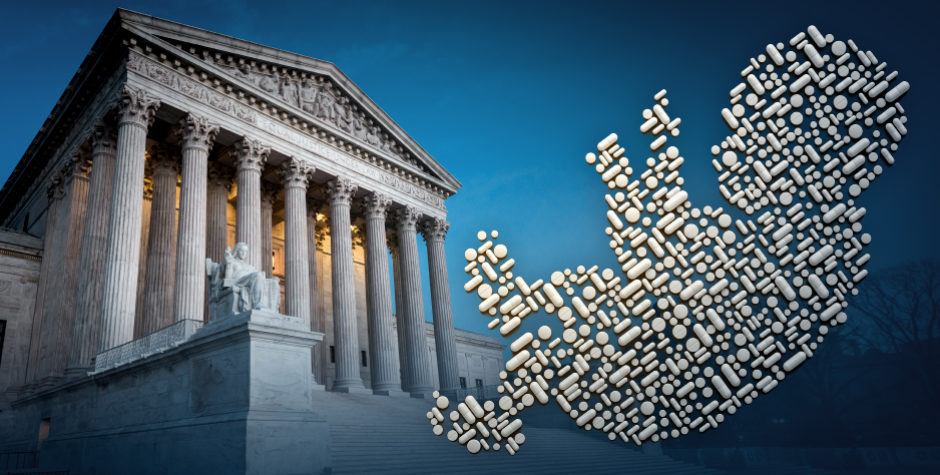Abortion-Pill Mandate Heads Back to Supreme Court After Third Circuit Strikes Down Religious and Moral Exemption
When the HHS abortion-pill mandate went into effect over eight years ago, the ACLJ filed the first lawsuit on behalf of a for-profit business challenging the mandate. We eventually brought suit on behalf of a total of thirty-two individuals and companies challenging the mandate in federal courts across the country.
When the Supreme Court decided Hobby Lobby v. Burwell in 2014, one of the most important religious freedom cases ever decided by the Court, many thought that would be the end of the matter—that the government wouldn’t force employers to comply with the mandate if doing so would violate their religious commitments.
Not so.
Instead of granting objecting employers the same right to a total exemption that churches and houses of worship have, the Obama Administration then came up with an alternate way for employers to violate their conscience: execute a “self-certification form” that would trigger the provision of the objectionable drugs and services by third parties.
The challenges brought against that so-called “accommodation” culminated in the decision of Zubik v. Burwell. Unfortunately, that decision didn’t end with a bang, but with a whimper. Instead of deciding the question whether the “accommodation” imposes a substantial burden on religious exercise, and whether it satisfies strict scrutiny, the Court told the parties to go back to the drawing board and see if they could come up with a way to settle their differences.
Last year, the Trump Administration came up with such a resolution. Instead of trying to find yet another clever way to force objecting employers to facilitate the provision of drugs and services that they find morally objectionable, the government came up with a resolution that should have been offered from day one: a total and complete religious exemption for those employers whose conscience will not allow them to facilitate, or participate in, the provision of abortion-inducing drugs. At the ACLJ, we filed a formal public comment supporting this rule.
Again, one might have thought that this would have been the end of the story. Again, not so.
Pennsylvania and New Jersey filed suit against the Administration claiming that the new religious exemption—as well as a new moral exemption—violated federal law. They argued that these regulations violated the Administrative Procedure Act and are not supported by the Religious Freedom Restoration Act (“RFRA”). Last summer, the Third Circuit agreed with the states, and issued a nationwide injunction barring their implementation.
Earlier this month, the government filed a petition for a writ of certiorari with the Supreme Court, asking the Court to reverse the Third Circuit and uphold the exemptions.
Next week, we will be filing an amicus curiae brief with the Supreme Court in support of the government. We will argue that RFRA not only authorizes, but requires, the religious exemption that the government has offered.
Our country has a longstanding commitment to religious freedom, and that commitment is now being seriously undermined. Governments like Pennsylvania and New Jersey, as well as groups like the ACLU and Planned Parenthood, think that religious freedom is all well and good – unless they get in the way of free access to abortion-inducing drugs.
We will keep you posted on our filing of the brief and whether the Court agrees to take on this important case.
